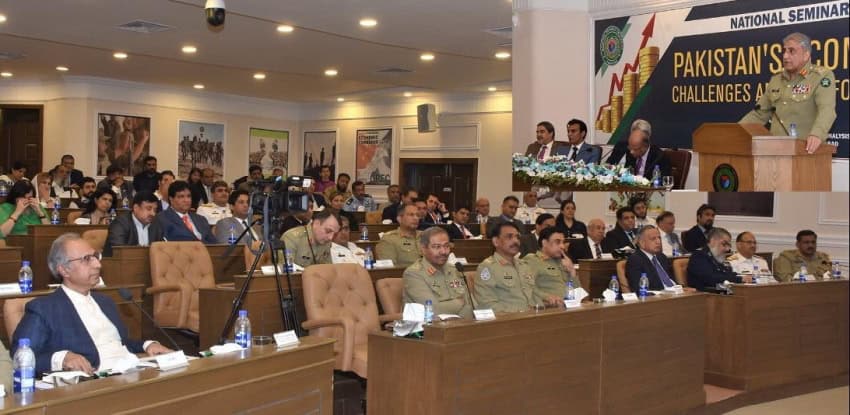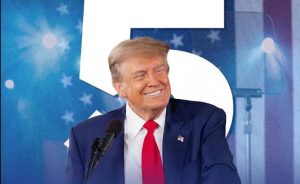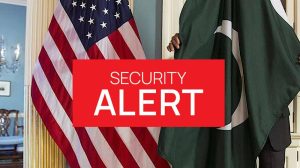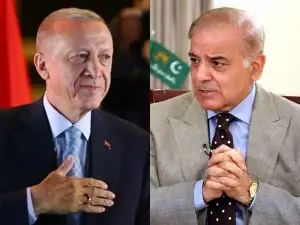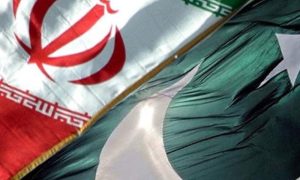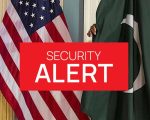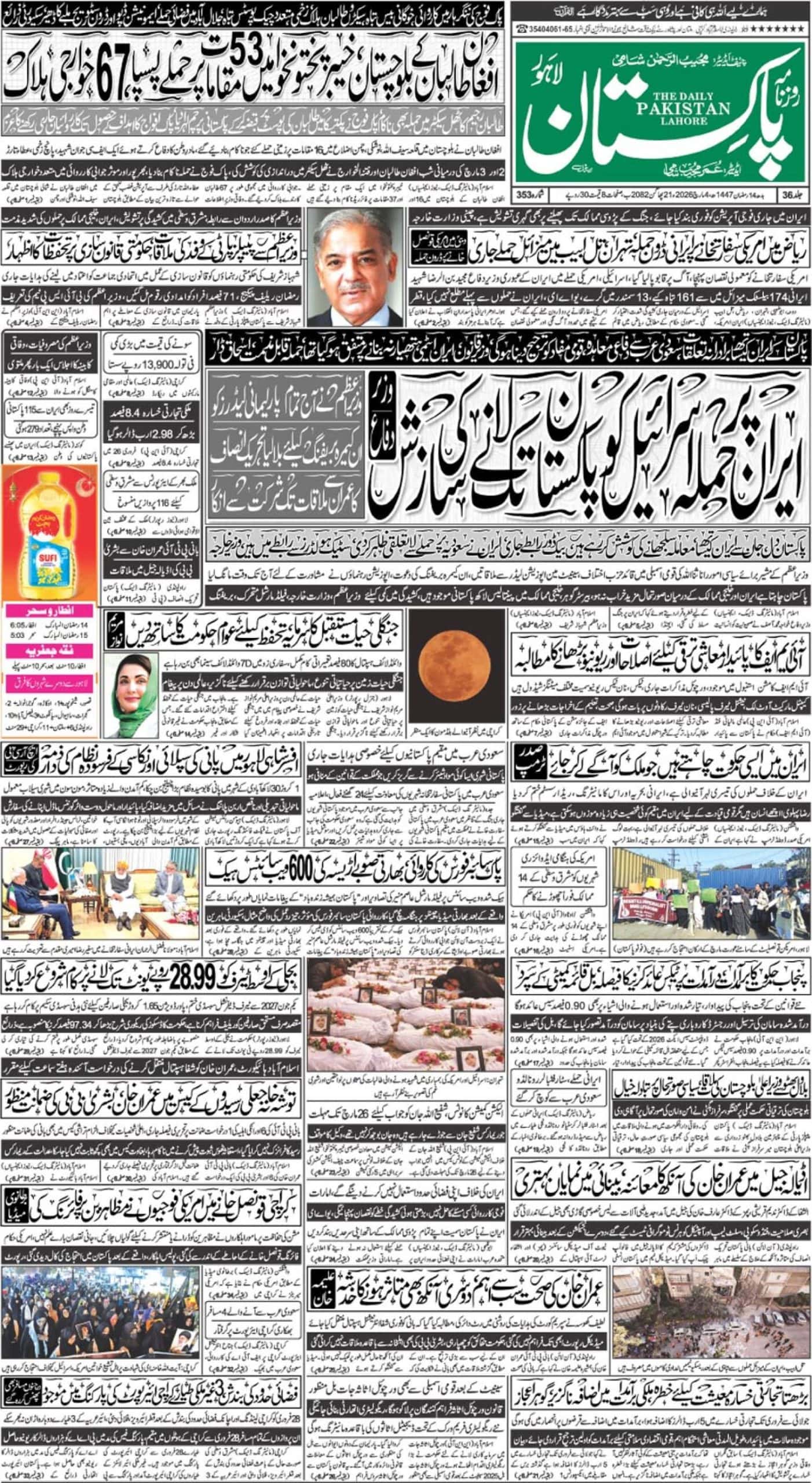ISLAMABAD – Pakistan’s top military commander has said the armed forces played their part by voluntarily foregoing annual increase in defence budget and “this is not the only step” we are taking for improvement of economy.
“Pakistan is going through difficult economic situation, and we all need to fulfill our responsibilities so that difficult initiatives taken by the government succeed,” Chief of Army Staff General Qamar Javed Bajwa said while addressing a seminar titled “Pakistan’s Economy: Challenges and Way Forward” at National Defence University Islamabad on Friday.
“It is time to be a nation,” he was quoted as saying by the Inter Services Public Relations (ISPR).7
“There cannot be any sovereignty in the absence of economic sovereignty,” the army chief added.
Seminar on National Economy at NDU. Participants dilated on identifying challenges & ways to overcome the same. “Such types of interactions are important to enable both government and other stakeholders in exchanging their views on issues of national importance”, COAS.(1of2) pic.twitter.com/zkcm8ypuaF
— Maj Gen Asif Ghafoor (@OfficialDGISPR) June 28, 2019
Seminar on Economy. “There cannot be any sovereignty in the absence of economic sovereignty. We are going through difficult economic situation. We all need to fulfill our responsibilities so that difficult initiatives taken by govt succeed. It’s time to be a nation”, COAS.(2of2). pic.twitter.com/1I7PmqlWQF
— Maj Gen Asif Ghafoor (@OfficialDGISPR) June 28, 2019
General Bajwa also highlighted Pakistan’s efforts for restoring regional peace that will lead to better trade connectivity.
For our region to develop, he said “we need to have greater regional connectivity amongst all neighbours”.
Referring to the seminar, the COAS said such types of interactions are important to enable both government and other stakeholders in exchanging their views on issues of national importance.
In his address on the occasion, PM’s Adviser on Finance Dr. Abdul Hafeez Shaikh dilated upon reasons, which resulted in increasing these challenges. He counted perpetual security threats, inconsistent economic policies, poor economic discipline and lack of will to take difficult decisions in the past as major contributors to the economic situation the government is facing today.
The participants of the seminar dilated on identifying challenges and ways to overcome the same.

